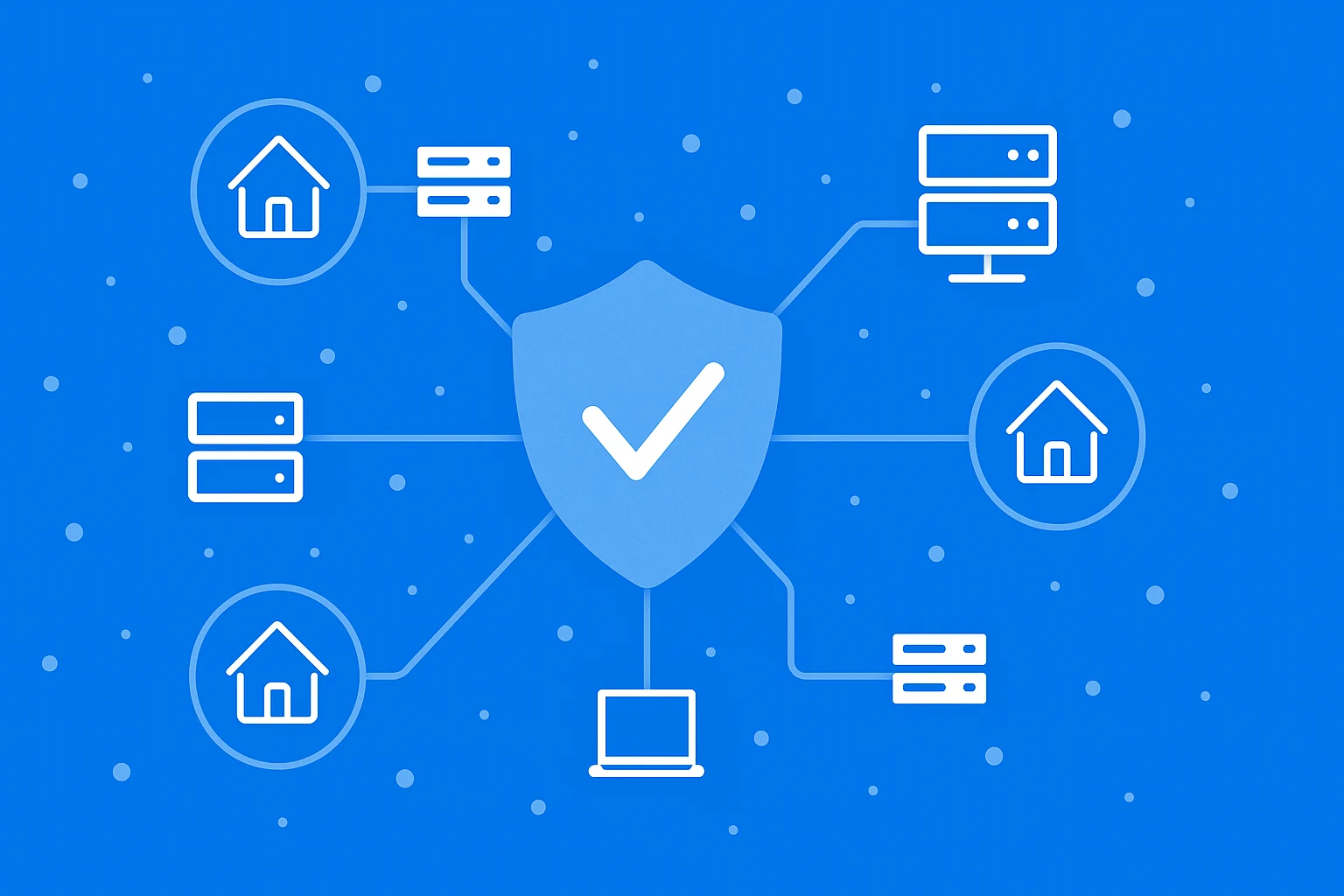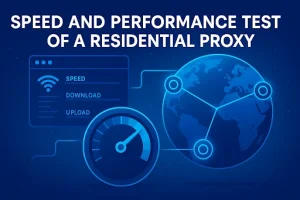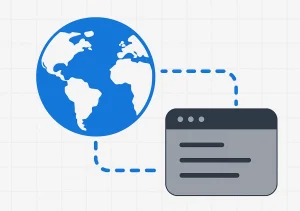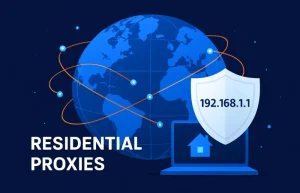
What Are Residential Proxies and How Do They Work?
If you’ve ever tried to collect web data, manage multiple accounts, or access restricted websites, you’ve probably seen the term residential proxies. But what exactly are they, and how do they work?
This guide explains everything — simply, directly, and focused on what users search for.
What Are Residential Proxies?
A residential proxy is an IP address assigned by an Internet Service Provider (ISP) to a real device (like a home computer or mobile phone).
When you use a residential proxy, your internet requests are routed through one of these real IPs — so websites see your traffic as if it’s coming from a genuine user, not a data center or bot.
In short: Residential proxies act as intermediaries between your device and the target website, masking your original IP with a real residential IP to make your connection appear natural and trustworthy.
How Do Residential Proxies Work?
Here’s the simple process:
- You connect to a proxy server that has access to a network of residential IPs.
- When you request a webpage, your connection goes through that proxy.
- The proxy forwards the request using a residential IP instead of your own.
- The website sees the proxy’s IP — not yours — and sends the data back.
Because these IPs belong to real users (not servers), they blend in with normal traffic. That’s why residential proxies are harder to detect or block compared to datacenter proxies.
Why Are Residential Proxies Used?
Residential proxies are used for data gathering, web access, and online anonymity. The main use cases include:
- Web scraping: Safely collect public data from websites without being blocked.
- SEO and SERP tracking: Get location-accurate search results for rank tracking.
- Ad verification: Check how ads appear across different countries or platforms.
- Social media automation: Manage multiple accounts without triggering bans.
- Access geo-restricted content: View websites or prices available in specific countries.
- E-commerce monitoring: Track competitor prices and product availability.
These use cases are all part of legitimate business intelligence and marketing activities.
Residential Proxies vs. Datacenter Proxies
Feature | Residential Proxies | Datacenter Proxies |
|---|---|---|
IP Type | From ISPs, tied to real devices | From data centers or cloud servers |
Anonymity | Very high — looks like real users | Moderate — easier to detect |
Speed | Slightly slower | Faster |
Reliability | Harder to block | Often blacklisted quickly |
Best For | Scraping, SEO, ad verification, automation | Bulk testing, fast tasks |
Most businesses choose residential proxies for stealth and reliability, even if they cost more.
Types of Residential Proxies
- Static Residential Proxies: Fixed IPs that stay the same — ideal for account management or testing.
- Rotating Residential Proxies: IPs change automatically after each request or time interval — best for web scraping.
- ISP (Sticky) Proxies: A hybrid type offering stable residential IPs with datacenter-level performance.
Benefits of Residential Proxies
- Appear as a real user online
- Bypass CAPTCHAs and IP bans
- Access location-specific data
- Collect accurate, unbiased results
- Maintain privacy and anonymity
These benefits make residential proxies valuable for marketers, analysts, and developers who rely on large-scale web data.
Are Residential Proxies Legal?
Yes — using residential proxies is legal, as long as you use them for ethical and legitimate purposes. Activities like ad verification, market research, and SEO tracking are completely lawful. However, scraping or accessing private data without consent can violate terms of service or data laws.
How to Choose a Reliable Residential Proxy Provider
Look for these features before buying:
- Ethically sourced IPs (consent-based)
- Large IP pool across multiple countries
- Rotating & sticky session options
- Transparent pricing (bandwidth-based or per-IP)
- Good customer support
Top providers usually include Bright Data, Oxylabs, Smartproxy, and SOAX.
Summary
Residential proxies route your traffic through real IPs assigned by ISPs, allowing you to browse, scrape, or test websites anonymously and without blocks.
They differ from datacenter proxies by offering authenticity over speed — making them ideal for tasks that require trust, accuracy, and stealth.
In essence:
Residential proxies hide your real IP using a real household IP address — giving you private, secure, and geo-flexible access to the internet.
Frequently Asked Questions
Yes, for business tasks like scraping and SEO. VPNs are for personal privacy, while proxies offer more control and automation support.
Detection is possible but rare if the proxy network is legitimate and the IPs rotate properly.
Most providers charge between $10 and $25 per GB or per IP, depending on location and rotation.
Yes, they help manage multiple accounts safely by using unique, real IPs for each session.
Would you like me to now write the SEO meta title, meta description, and FAQ schema JSON-LD for this optimized version?
That’ll make it ready for publishing and ranking on your proxy pillar site.



